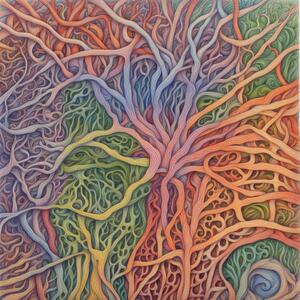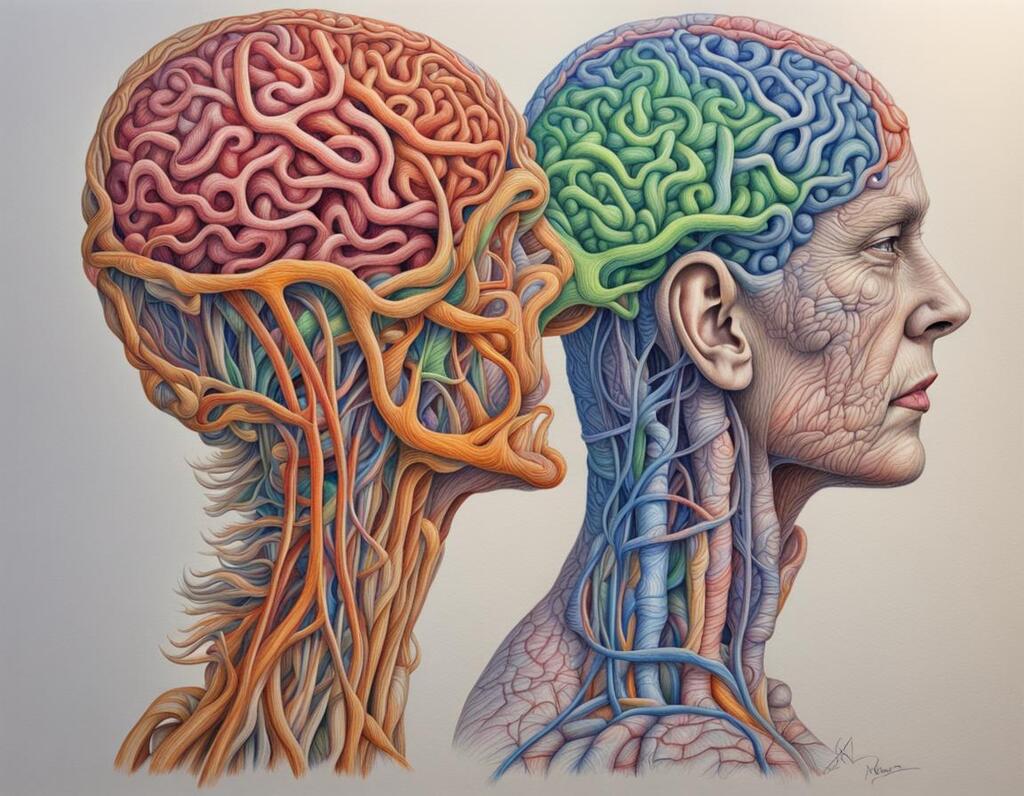Today in Group, we learned about TRAPs and TRAC(k)s. Here’s an overview of what they are and how they help.
Introduction:

In the realm of cognitive-behavioral therapy (CBT) and dialectical behavior therapy (DBT), several effective tools exist to help individuals better navigate their emotional responses, challenging thoughts, and negative patterns. TRAPs and TRAC(k)s are two such tools that serve as powerful resources for individuals seeking to understand and manage their mental health with greater precision and resilience. In this blog post, we will explore the concepts of TRAPs and TRAC(k)s, shed light on their significance within DBT/CBT, and discuss how they can empower individuals to lead healthier, more balanced lives.
Understanding TRAPs:
TRAP, an acronym for Trigger, Response, and Avoidance Pattern, refers to situations or events that elicit intense emotional reactions or negative thought patterns. These triggers can be external circumstances, interactions with others, or even internal factors such as memories or self-perceptions. The response to these triggers typically manifests as strong emotional reactions, and individuals often employ various patterns of avoidance to mitigate uncomfortable feelings.
The Importance of Identifying TRAPs:
By becoming aware of TRAPs, individuals gain insight into the specific triggers and responses that contribute to their emotional distress. This knowledge empowers them to analyze and dissect their reactions, the thought patterns that underlie them, and the subsequent avoidance behaviors. With this improved understanding, individuals can develop more effective strategies to address and manage their emotions without resorting to unhealthy coping mechanisms.
Exploring TRAC(k)s:
TRAC, short for Trigger, Response, and Alternative Coping is a closely related concept to TRAP. While the focus of TRAPs lies in examining avoidance patterns, TRAC(k) shifts attention towards identifying new, healthier coping strategies. Rather than avoiding or reacting impulsively to triggers, TRAC encourages individuals to explore alternative ways of responding that promote emotional regulation and well-being.
Implementing TRAC(k)s:
To implement TRAC(k)s, individuals learn to identify triggers, observe their habitual responses, and then actively seek out healthier coping mechanisms. These alternative coping strategies may include mindfulness techniques, grounding exercises, self-soothing activities, or engaging in healthier communication. By reframing their responses, individuals can effectively break free from negative cycles and make positive changes in their lives.
The Benefits of TRAPs and TRAC(k)s:
By incorporating TRAPs and TRAC(k)s into their therapeutic journey, individuals are equipped with valuable tools for self-reflection, emotional regulation, and personal growth. Understanding TRAPs helps them recognize the patterns that perpetuate their distress and empowers them to make conscious choices in how they respond. TRAC(k)s, on the other hand, enable individuals to shift their focus towards implementing healthier coping strategies amidst triggering situations, leading to improved emotional well-being and overall life satisfaction.
Conclusion:
TRAPs and TRAC(k)s are valuable assets in the toolkit of DBT/CBT, offering individuals the opportunity to deepen their understanding of their triggers, emotional reactions, and avoidance patterns. By embracing these concepts, individuals gain greater control over their thoughts, emotions, and behaviors, leading to improved mental health and a higher quality of life. Through the adoption of healthier coping mechanisms and a shift towards healthy responses, individuals can pave the way for personal growth, resilience, and empowerment on their journey toward emotional well-being.

Discover more from Whispers of Insight
Subscribe to get the latest posts sent to your email.




